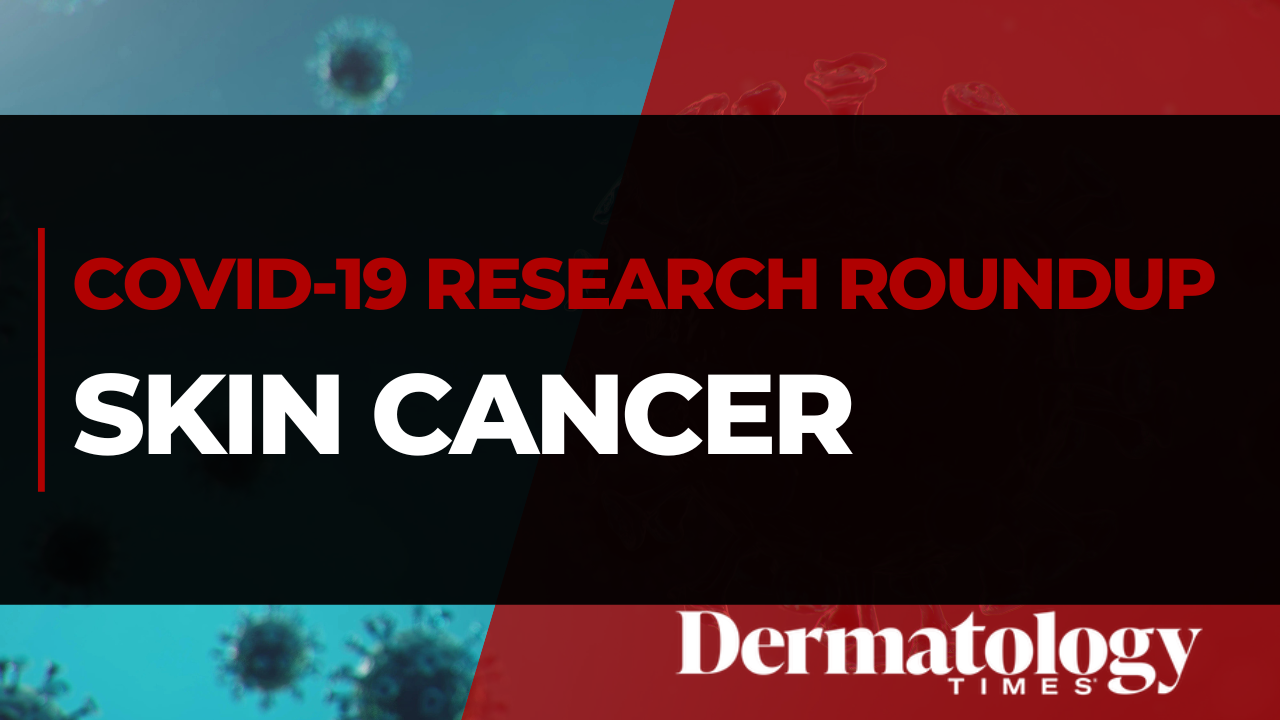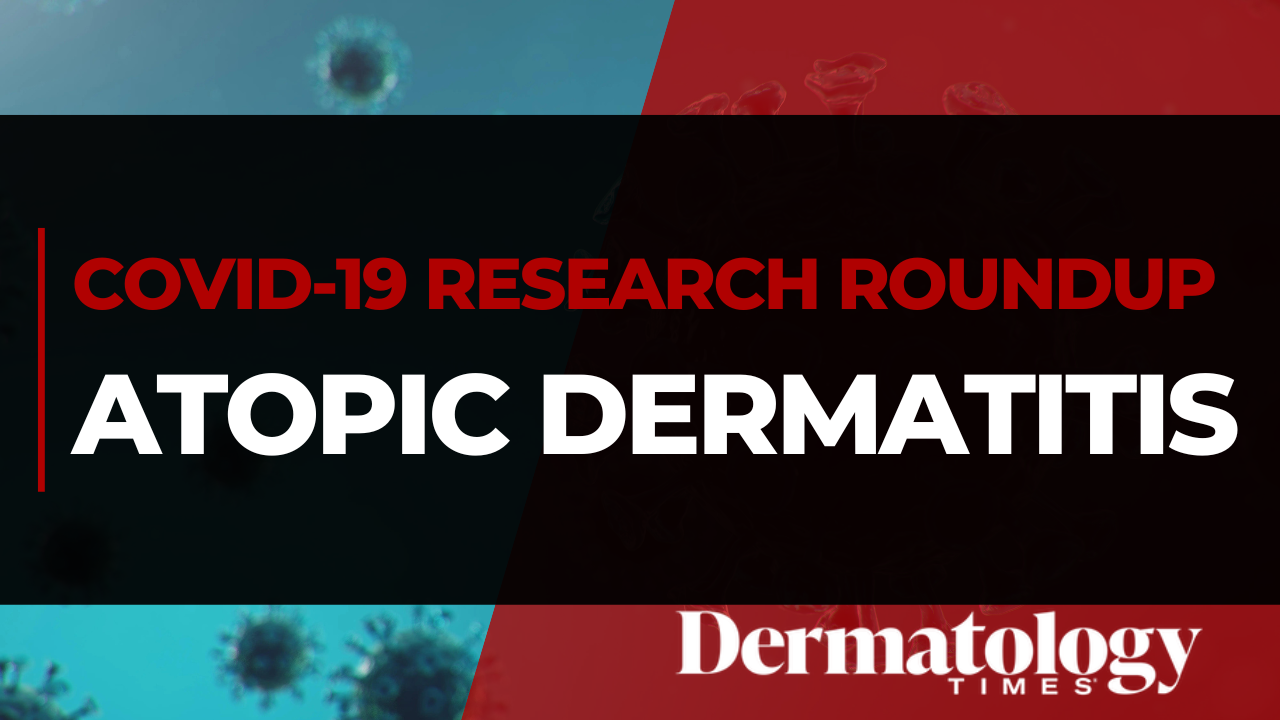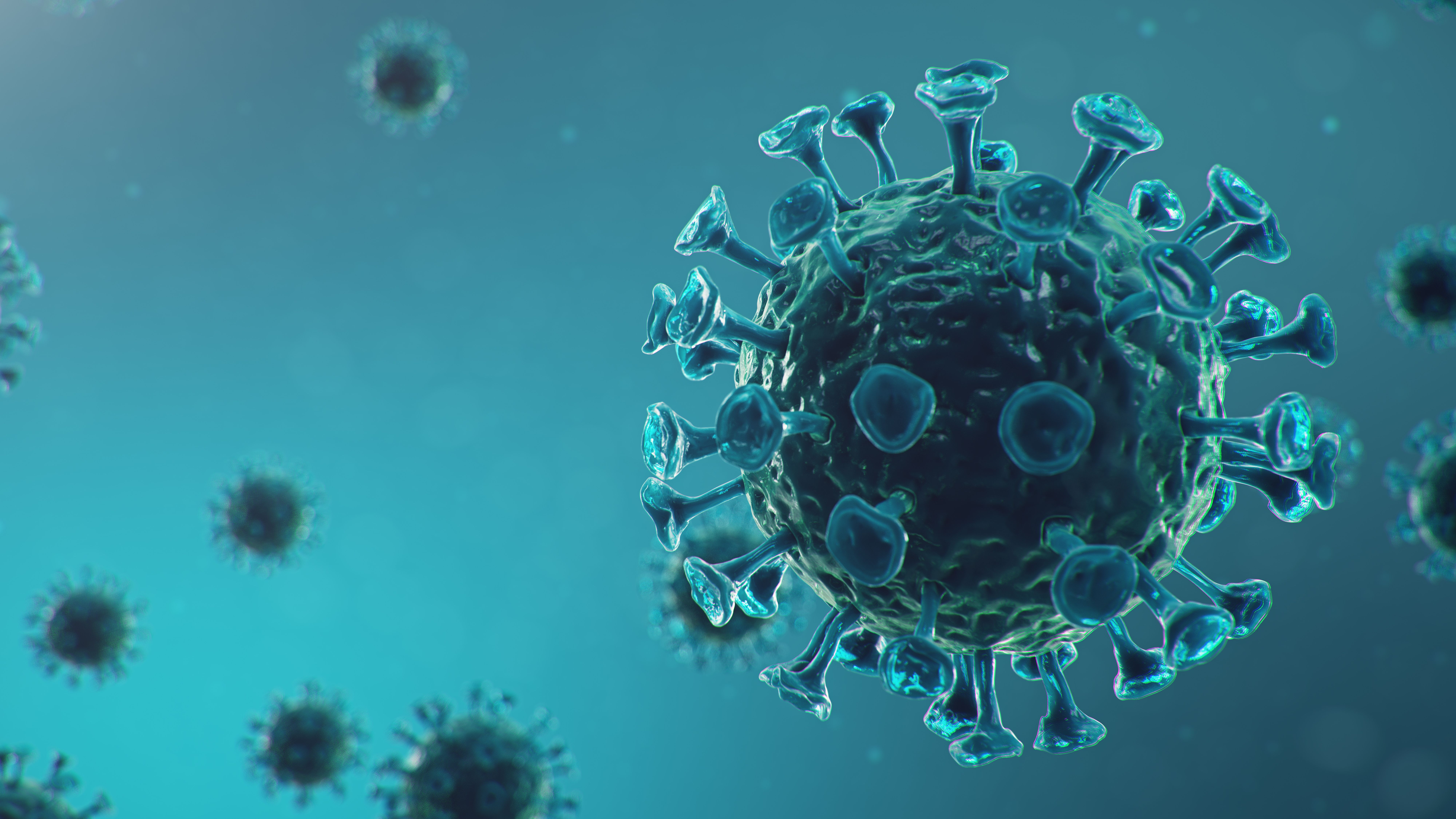- Case-Based Roundtable
- General Dermatology
- Eczema
- Chronic Hand Eczema
- Alopecia
- Aesthetics
- Vitiligo
- COVID-19
- Actinic Keratosis
- Precision Medicine and Biologics
- Rare Disease
- Wound Care
- Rosacea
- Psoriasis
- Psoriatic Arthritis
- Atopic Dermatitis
- Melasma
- NP and PA
- Skin Cancer
- Hidradenitis Suppurativa
- Drug Watch
- Pigmentary Disorders
- Acne
- Pediatric Dermatology
- Practice Management
- Prurigo Nodularis
- Buy-and-Bill
Article
Half Opposed COVID-19 Vaccine in Late 2020
Author(s):
An online survey conducted in late-2020 shows what drove vaccine hesitancy.
According to a news release, the results come from an online survey of 2,525 Americans conducted during the two weeks from late November to early December. About 50 percent of respondents indicated they would get vaccinated as soon as possible.Meanwhile, 10 percent of respondents say they intended not to be vaccinated and 40 percent said they were probably not going to get vaccinated or would be but not as soon as possible.
The authors note that attitudes may have shifted as vaccines became available, vaccine outreach efforts should focus on those who expressed inclination to possibly or eventually get the shot.
"Once we get the first 50 percent vaccinated, we're going to be left with as many as 40 percent that are unsure, so we need to start working with them now," study lead author Daniel Salmon, PhD, a professor in the Department of International Health and director of the Institute for Vaccine Safety at the Bloomberg School, says in the release. "With these survey results, we now understand that critical 40-percent group much better."
People in this group was overall more likely to have lower levels of trust in local, state, and federal public health authorities as well as health care professionals, and less confidence in the safety of vaccines. These respondents were more likely to be concerned about drug companies and governments used “people like them” to conduct experiments and were also more likely to report they know someone who had a serious reaction to a vaccine, the release says.
"Everything about the 'wait-and-learn' group suggests that there will continue to be challenges," Salmon says in the release. "A near-term approach we see is for public health to work with community leaders to connect with people with low levels of trust in government. COVID-19 vaccines afford the opportunity to work with local communities to build trust and reduce inequities.”
This article originally appeared on out sister publication Medical Economics.





